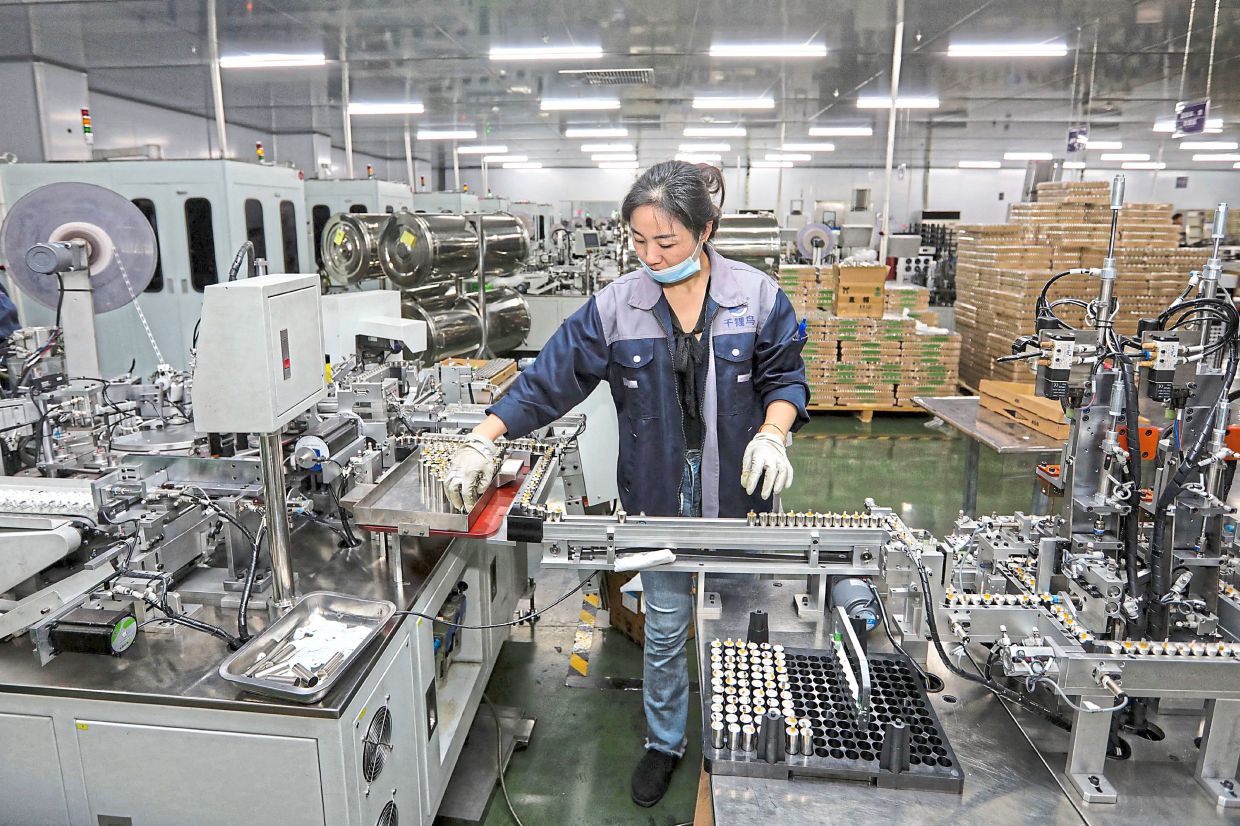
A people passing by Al Ikhsan shop with 0 GST and SST sign at Petaling Jaya. NORAFIFI EHSAN/The Star.
PETALING JAYA: Initially proposed in Budget 2023, the luxury goods tax has been re-tabled in Budget 2024 as high value goods tax (HVGT).
Grant Thornton Malaysia national tax practice leader Datin Seah Siew Yun noted that the high value goods tax and sales and service tax (SST) are two different types of taxes, each serving distinct purposes.
“SST is imposed on a broad range of goods. HVGT, on the other hand, is typically imposed on selected high-value goods that are considered as indulgence. While the rate of HVGT was announced as either 5% or 10%, it remains to be seen if it is a tax in addition to sales tax.”
As for service tax, Seah said the rate will be increased and the scope will be extended to more services.
“The implementation of a higher tax rate and extended scope must be carefully considered as it must be clear how they will be applied. If a contract is ongoing, will the higher tax rate or newly scoped services be subject to tax based on the date of the contract, the performance of the services, or the date of the invoice?
“Failure to clearly set out the parameters and application could result in unnecessary disputes in the future. Hence, consultation between businesses and the authorities would be vital to prevent future unpleasantries.”
Additionally, Seah noted that e-invoicing is a digital method of generating and sharing invoices, which can enhance efficiency and reduce errors in the invoicing process.
“However, e-invoicing has been implemented in many countries to complement the goods and services tax (GST) or value added tax.
“It allows output tax and input tax to be matched, thus removing ambiguity in input tax claims and the necessity to verify them in an audit. In view that Malaysia currently does not have GST, what does e-invoicing offer in terms of efficiency and effectiveness?”
Seah said replacing GST with SST was originally intended to generate more disposable revenue, which will boost consumer spending and business activities.
“However, this is now in doubt as the service tax rate will be increased by 2%.”
She said the new service tax scope will also loop in logistic services, which by definition includes warehousing services, freight shipping and courier services.
“They will now be subject to service tax at 8%, when previously it was only logistic management services that were subject to service tax.”
Seah said logistics and transportation costs could take a large bite out of every ringgit earned, as it will impact various points in the supply chain, from the procurement of raw materials to the delivery of final products.
“Rising fuel cost is already a massive problem for the logistics sector. With the looming subsidy rationalisation for fuel, the government should revisit the need to subject logistic services to service tax,” she said.
Seah additionally pointed out that there are many measures to be implemented in the near future, including environmental and social governance compliance for public-listed companies and e-invoicing.










































